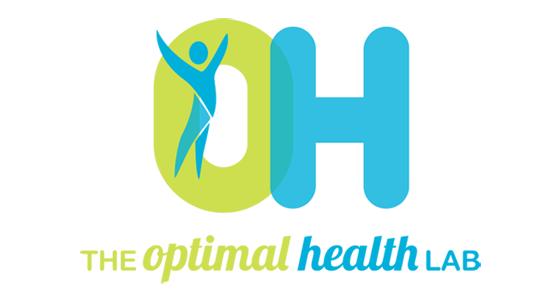As physiotherapists we encounter rotator cuff tears frequently among our clients, and we are passionate about helping our clients understand the complexities and challenges they pose to shoulder function. A rotator cuff tear signifies a disruption in the tendons and muscles crucial for stabilizing the shoulder joint and facilitating movement. There are four muscles comprising the ‘rotator cuff’ as a complex, but two of the four muscles tend to be the more frequently injured (being supraspinatus and subscapularis).
Recognizing the signs of a rotator cuff tear is paramount. Clients typically present with persistent shoulder pain, especially during overhead activities, accompanied by weakness and limited range of motion. Whether stemming from repetitive strain or acute injury, the impact on daily life can be significant, especially if it happens to be your dominant hand.
Our diagnostic process involves thorough physical assessment, which evaluates any strength or length deficit, and this assessment helps us understand whether an image like MRI or ultrasound is needed to make an evidence-base plan. An experienced OHL Physiotherapist is also looking to rule in or rule out other concurrent shoulder injuries, like adhesive capsulitis (frozen shoulder), long head of bicep tendinopathy and shoulder osteoarthritis.
Treatment strategies vary based on individual factors. For milder cases (or smaller tears), we share the efficiency and success via conservative physiotherapy approaches, such as targeted exercises, manual therapy, shoulder pacing plans and support for altered work/ sport to help the tear heal appropriately.
For more severe tears or cases resistant to conservative measures, we collaborate closely with orthopedic colleagues to explore surgical options. Post-surgery, our Physiotherapy role in rehabilitation becomes pivotal. We guide patients through tailored exercise programs, gradually rebuilding strength, flexibility, and shoulder stability so that they can get back to the activities they enjoy.
Recovery from a rotator cuff tear demands patience and commitment from both patient and Physiotherapist, because its not a quick healing structure. While progress may be gradual, our goal remains the same: optimizing function and minimizing long-term impairment.
If you are suspicious you are suffering from a rotator cuff tear, or you have had a rotator cuff tear already found on imaging, please reach out to our OHL Physiotherapy team to create an optimal rehabilitation plan for you and your goals! You can contact us via 9431 5955 or you can book anytime via our Client Portal on our website.
